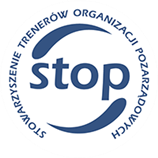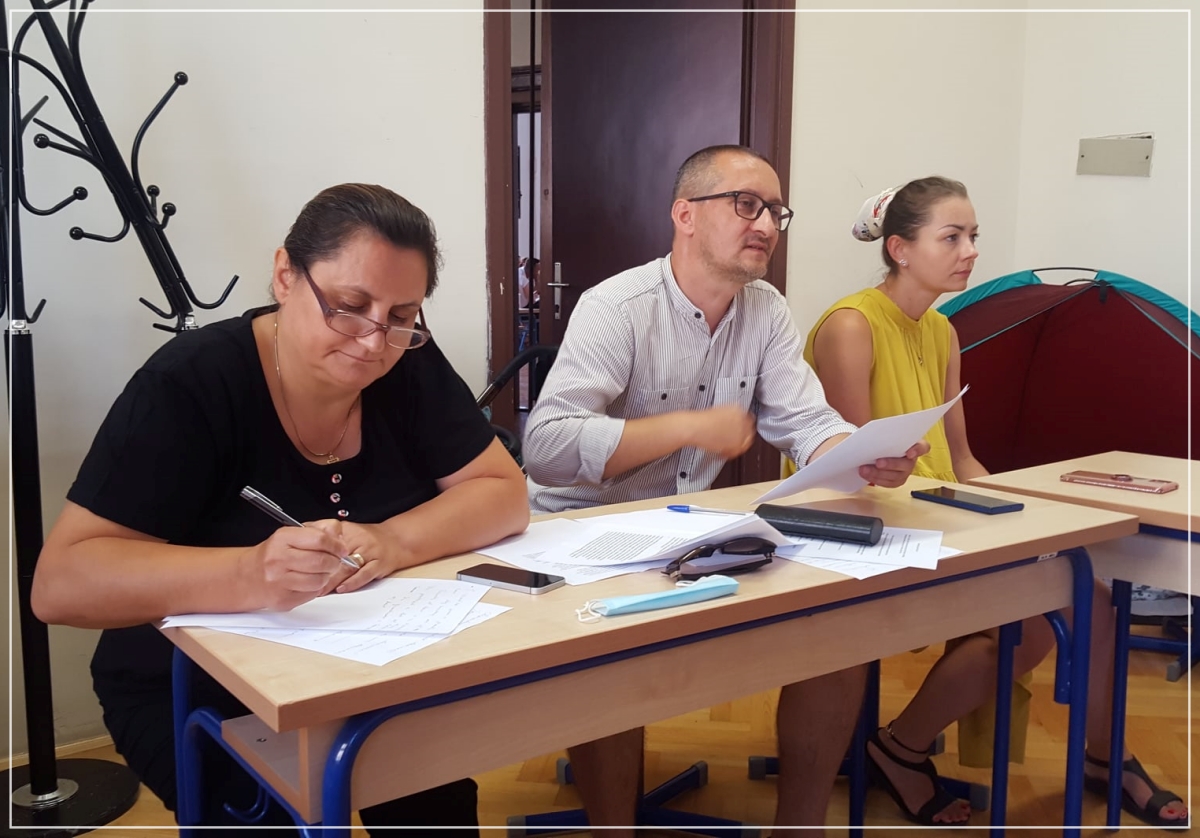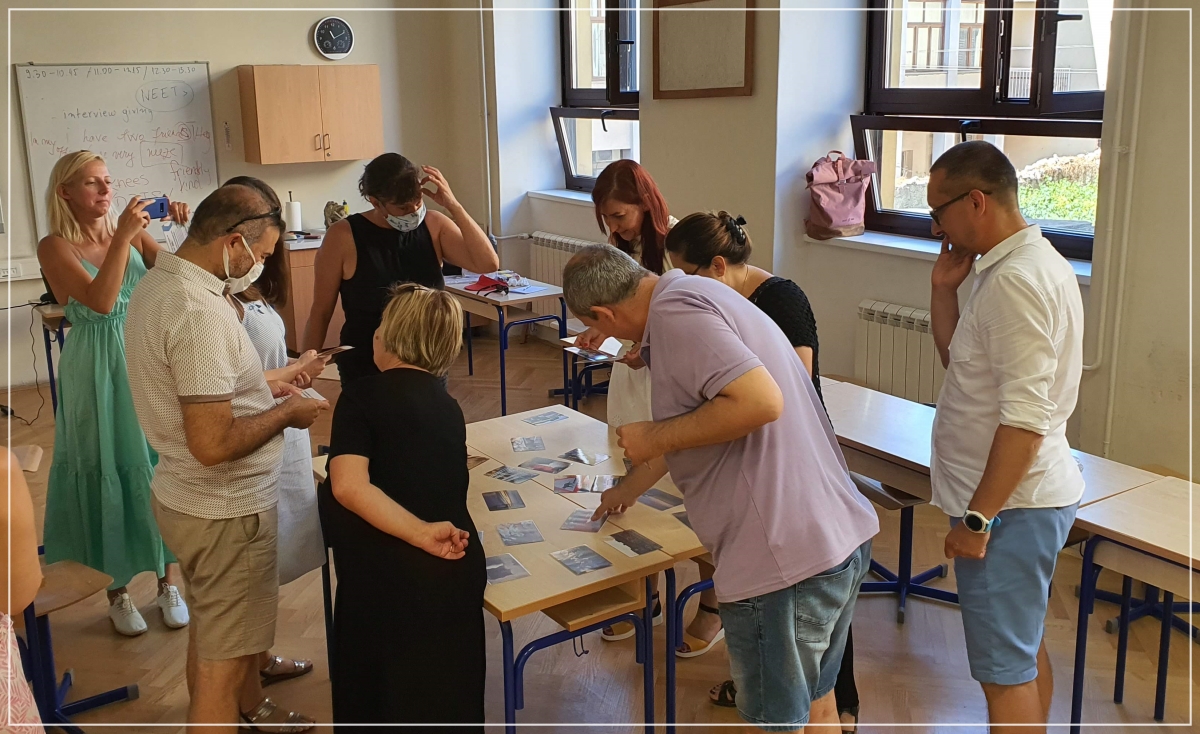What is the approach to adult education in the 21st century?
Grzegorz and Marta – as members of STOP (the NGO Trainers’ Association) – had the opportunity to take part in training within the Competent and open-minded trainers on the European market (Erasmus+) project, which took place from 1-7 August 2021. On hot Croatian days, together with participants from Hungary, Slovakia, Slovenia, Turkey, Romania and Greece, they faced the challenges of adult education during the “21st-century approach to adult education” course organised in Pula. We invite you to read the article inspired by the training.
During the week-long course, we discussed the differences between andragogy and pedagogy, learned about different theories and perspectives on how to organise adult learning and what sets of terms to use to talk about the phenomenon. We discussed the differences between approaches to adult learning in different countries and reflected on the values and “philosophy” behind different approaches to the process.
Course participants shared their experiences of adult education. Most of them work in primary schools and adult schools – so-called “second-chance schools” for those whose life circumstances did not allow them to complete their education earlier. So they see adult education primarily in a formalised way and primarily in terms of levelling educational opportunities, so they were curious to hear about the possibilities of adult education organised in Poland.
Polish perspective
In Poland, adult education is voluntary, the so-called compulsory education ends at the age of 18. During this time, it is possible to complete primary education (compulsory schooling) and start in a secondary school – oriented towards general, technical or vocational development. Studying at either secondary school can culminate in taking the matura exam, which is the ticket to applying for higher education. At this stage, formal education can end, as specific qualifications confirmed by a university degree are not required for many professions and jobs. However, a college degree is essential for future doctors, lawyers or teachers, for example. Despite the lack of a university graduation requirement, many Poles opt for it. Often, the main reason for such decisions is the perception of having a university degree in terms of prestige, belonging to a particular social group, gaining additional qualifications or consciously improving your competencies.
How is adult education organised in Poland?
Learning activities can take place in formal, non-formal and informal ways. Formal education is organised based on the laws governing the education and higher education systems, follows an approved curriculum, is subject to assessment and gives specific qualifications. Non-formal learning consists of courses, workshops and improvement training, shaping specific competencies, with specific topics, most often voluntarily chosen by the participants. Informal, incidental education is learning through everyday experience, without the support of teachers, without grades, diplomas and certificates. Formal and non-formal education in our country takes place in paid and unpaid offerings, has its target group and uses different working methods.
One form of non-formal education for adults is to take advantage of the offer provided by the Erasmus plus programme. Attractive both thematically and geographically, trips to other countries foster the realisation of competencies identified in the EU Directive on key competencies for lifelong learning. The document lists 8 competencies a person needs to live in the modern world – ‘every person has the right to quality and inclusive education, training and lifelong learning to maintain and acquire the skills to participate fully in society and to cope effectively with changes in the labour market.’
During the course we attended, we were able to check the level of our knowledge, skills and attitudes in terms of key competencies, which include communication in the mother tongue and a foreign language, mathematical, scientific, technical and digital competencies, learning to learn, social and civic competences, sense of initiative and entrepreneurship, and cultural awareness and expression. Preparing for a trip, travelling, participating in activities – getting to know the participants and new content, visiting a country – learning about its culture, traditions and cuisine can become valuable lessons in the never-ending process of lifelong learning.
Meeting such a diverse group during the course showed how much we have in common, but also revealed differences in the way we perceive lifelong learning, the way the adult education process is organised and the methods used in it. And sunny Istria tempted constantly with rocky beaches, ancient monuments and charming spots smelling of lavender, olive oil and wine..
Authors: Marta Cielińska-Idziak and Grzegorz Idziak
Translation from Polish: Anna Motwicka – Kaczor
Polish version: Jakie jest podejście do edukacji dorosłych w XXI wieku?

Translation of educational material financed as part of Skrzydła dla STOP project from the funds received from NIW- CRSO under The Civil Society Organisations Development Programme for 2018-2030 CSODP (PROO).



